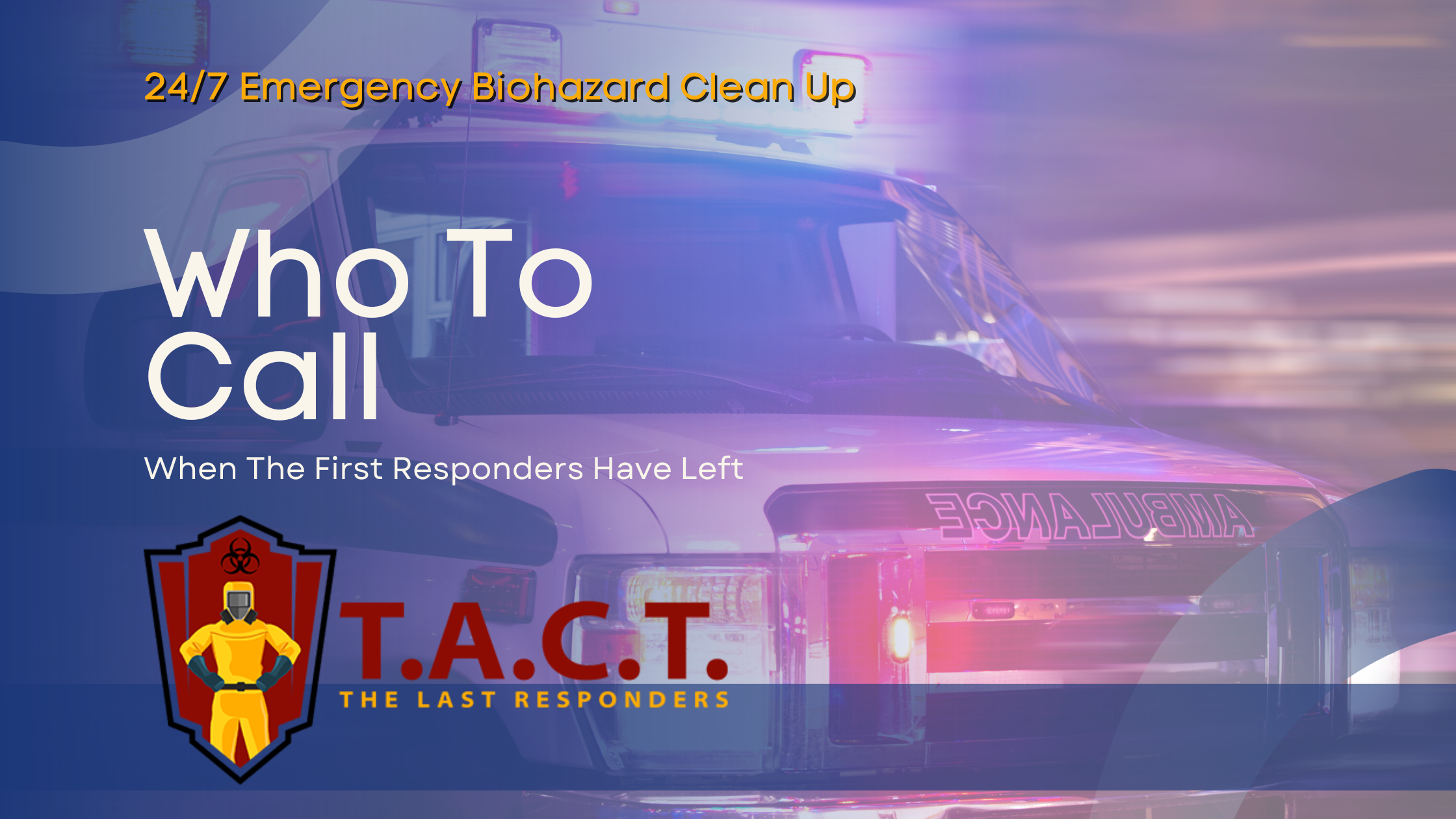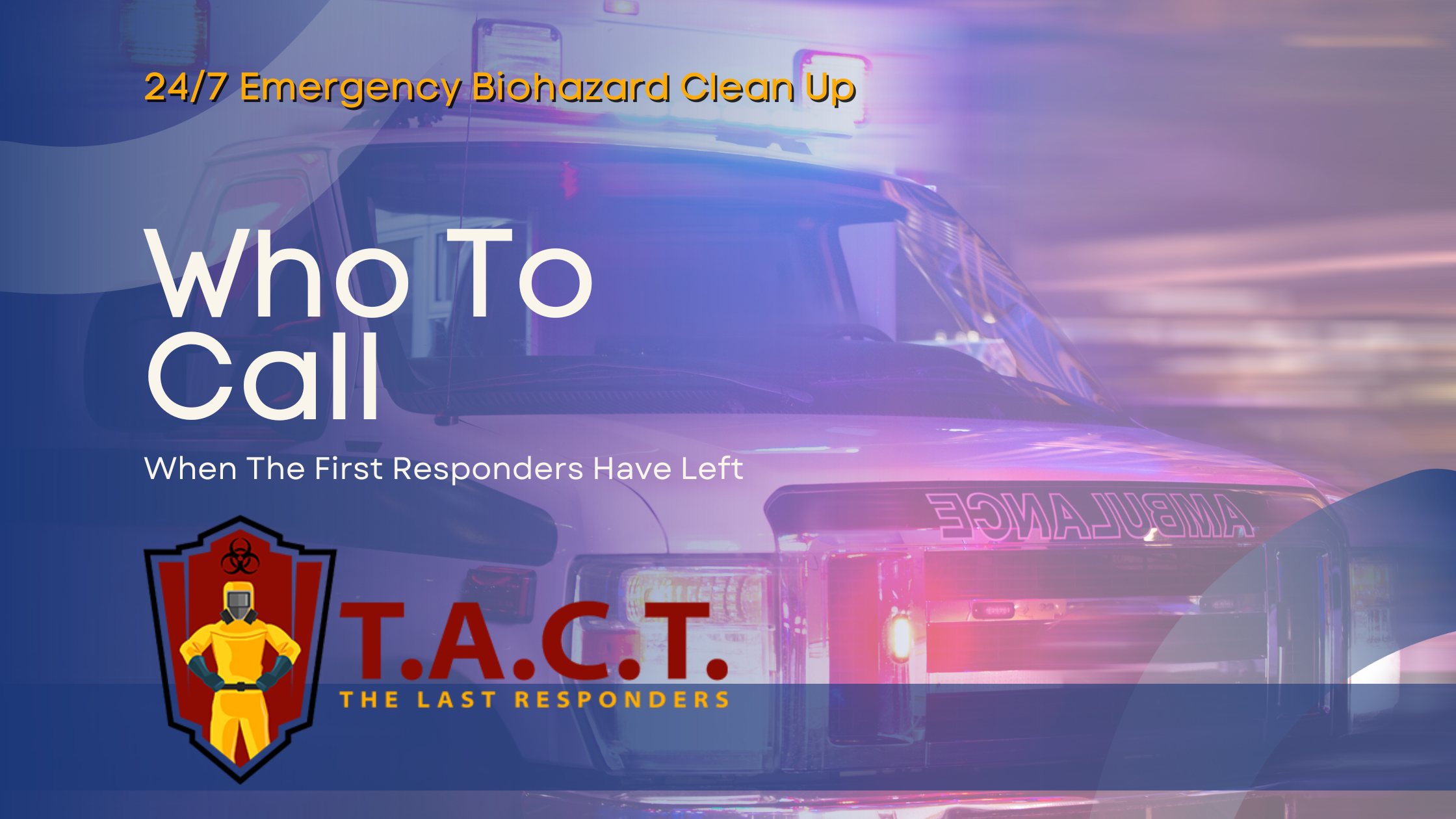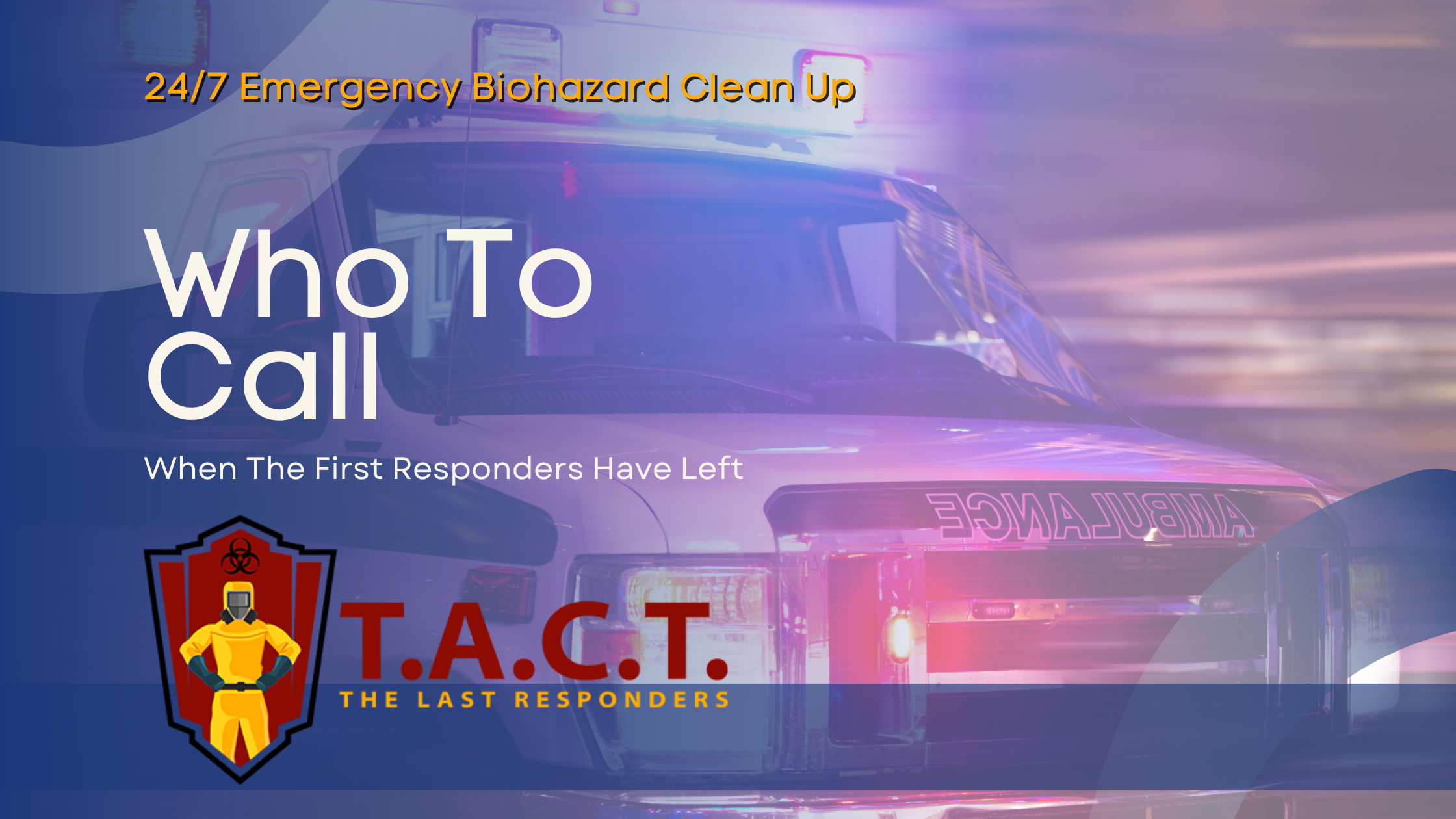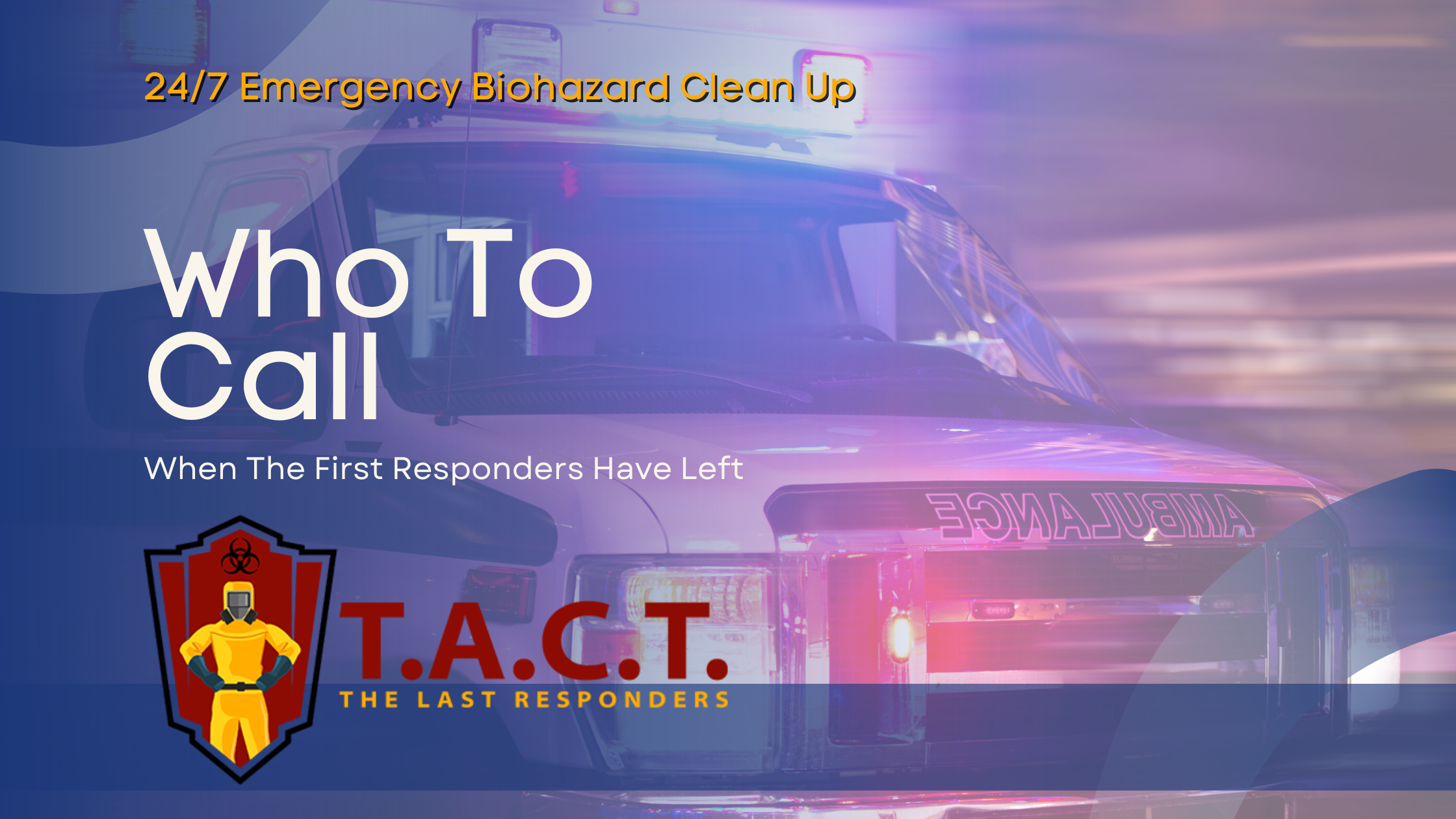What to do if you find rat droppings

What to Do If You Find Rat Droppings: Essential Steps for Safety
Introduction to Rat Infestations
Rat infestations can pose significant health risks to humans, including the transmission of diseases like hantavirus pulmonary syndrome and rat bite fever through rodent droppings and urine.
Rodent droppings, including rat droppings and mouse droppings, can be found in various areas of the home, indicating a rodent infestation.
Norway rats and roof rats are common rodent species that can infest homes, leaving behind roof rat droppings and norway rat droppings.
Finding rat droppings or mouse droppings requires immediate attention to prevent further damage and health risks.
Identifying Rodent Droppings
Rat droppings are typically larger than mouse droppings and can be identified by their dark brown or black color and oval shape.
Rodent feces, including rat feces and mouse feces, can carry harmful bacteria and diseases, making them a significant health concern.
Roof rat droppings and norway rat droppings can be distinguished by their size and shape, helping to identify the type of rodent infestation.
Rodent poop, including rat poop and mouse poop, can be found in areas where rodents are most active, such as near food sources and nesting materials.
Safety Precautions
When handling rodent droppings or dead rodents, it’s essential to wear protective gear, including rubber gloves and a dust mask, to prevent exposure to harmful particles and diseases.
Rodent urine and droppings can carry diseases like hantavirus pulmonary syndrome and rat bite fever, making it crucial to take safety precautions when cleaning up rodent waste.
Using a paper towel or disposable gloves can help prevent direct contact with rodent droppings and reduce the risk of disease transmission.
Sealed plastic bags should be used to dispose of dead rodents and rodent droppings to prevent further contamination.
Cleaning Up Droppings
When cleaning up rodent droppings, it’s essential to avoid sweeping or vacuuming dry droppings, as this can release harmful particles into the air and increase the risk of disease transmission.
A bleach solution or household disinfectant can be used to clean and disinfect areas where rodent droppings have been found, reducing the risk of disease transmission.
Rodent droppings should be carefully removed using a paper towel or disposable gloves, and then disposed of in a sealed plastic bag.
Cleaning up rodent droppings requires attention to detail and a focus on safety to prevent further contamination and health risks.
Disposing of Dead Rodents
Dead rodents, including dead rats and dead mice, should be handled with care and disposed of in a sealed plastic bag to prevent further contamination.
Rodent carcasses can carry diseases like hantavirus pulmonary syndrome and rat bite fever, making it essential to take safety precautions when handling them.
A second plastic bag should be used to double-bag dead rodents, ensuring they are securely contained and preventing further contamination.
Disposing of dead rodents requires attention to safety and a focus on preventing further contamination and health risks.
Health Risks
Rodent droppings and urine can carry diseases like hantavirus pulmonary syndrome, rat bite fever, and hemorrhagic fever, posing significant health risks to humans.
Rodent borne diseases can be transmitted through direct contact with rodent droppings or urine, or through indirect contact with contaminated surfaces or air.
Health risks associated with rodent infestations can be mitigated by taking safety precautions and seeking professional help when necessary.
Rodent control measures, including rat traps and rodent control services, can help reduce the risk of disease transmission and prevent future infestations.
Pest Control Services
Professional pest control services can help eliminate rodent infestations and reduce the risk of disease transmission.
Rodent control measures, including rat traps and bait stations, can be used to control mice and rats and prevent future infestations.
Pest control services can provide expert advice and assistance in identifying and addressing rodent infestations, reducing the risk of health hazards and property damage.
Rodent control services can help prevent future infestations by identifying and addressing entry points and removing attractants like pet food and household waste.
Preventing Rodent Infestations
Preventing rodent infestations requires a focus on exclusion and removal of attractants like pet food and household waste.
Sealing entry points and removing clutter can help prevent rodents from entering the home and reducing the risk of disease transmission.
Regular inspections and monitoring can help detect rodent infestations early, reducing the risk of health hazards and property damage.
Preventing rodent infestations requires a long-term commitment to maintenance and upkeep, including regular cleaning and disinfection of surfaces.
Getting Rid of Rodent Infestations
Getting rid of rodent infestations requires a focus on elimination and exclusion, including the use of rat traps and rodent control services.
Removing attractants like pet food and household waste can help reduce the risk of disease transmission and prevent future infestations.
Sealing entry points and cleaning up rodent droppings and urine can help eliminate rodent infestations and reduce the risk of health hazards.
Getting rid of rodent infestations requires a comprehensive approach, including professional pest control services and a commitment to maintenance and upkeep.
Latest news

Professional unattended death cleanup in Atlanta. Expert technicians handle decomposition cleanup safely with specialized equipment. 24/7 emergency response available.
Read More

